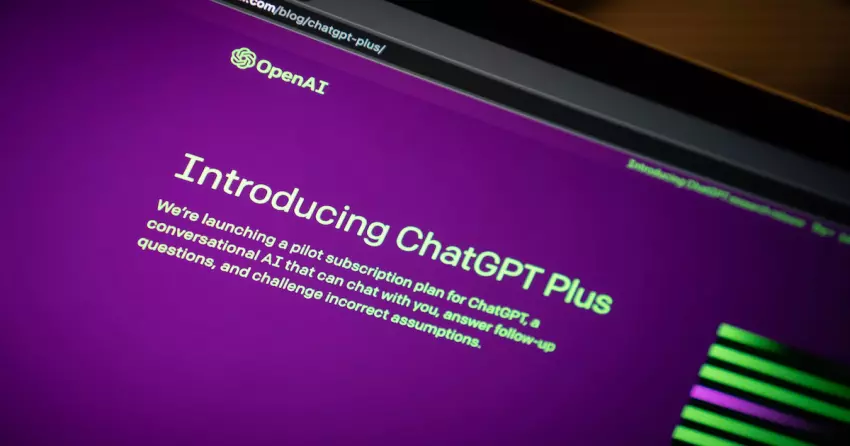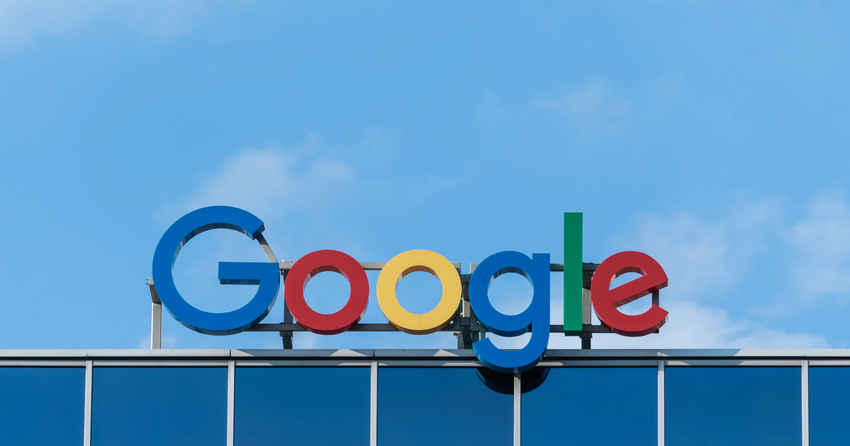
OpenAI Disables ChatGPT’s Bing Browser Plugin Due to Abuse
OpenAI, the creator of ChatGPT, has disabled its Browse with Bing beta plugin for ChatGPT-4. According to the company, the plugin allowed users to access paywalled content. OpenAI promised to bring Browse with Bing back once it addressed the current issues, but it hasn’t specified when.
OpenAI discovered that some ChatGPT Plus subscribers would request to see the full text of a URL or PDF, and the chatbot would fulfill the request, bypassing privacy settings and paywalls.
“We have learned that the ChatGPT Browse beta can occasionally display content in ways we don’t want,” OpenAI explained in a Twitter post. “We are disabling Browse while we fix this – want to do right by content owners.”
Users who intended to use the Browse with Bing beta plugin over the July 4 weekend were instead greeted with the message, “We’ve temporarily disabled the Browse with Bing Beta feature.”
The company also linked to an article from its Help Center, where OpenAI briefly explained that “ChatGPT Browse beta can occasionally display content in ways we don’t want. For example, if a user specifically asks for a URL’s full text, it might inadvertently fulfill this request.”
Without a connection to the internet, ChatGPT might provide outdated and, at times, incorrect information, just like any AI chatbot. GPT 3.5 “learned” from existing data up to June 2021, while its successor GPT-4 trained on information up to September 2021 and some limited information after that date, enabling it to provide more current information.
In combination with live search powered by Bing, a capability that was introduced this May, ChatGPT was able to provide better-sourced and more up-to-date answers.
Since its launch in late November last year, ChatGPT has made headlines for its errors, AI hallucinations, and controversial responses. Its “problematic behavior” has gotten OpenAI into multiple lawsuits, including for compromising personal data and copyright infringement.













